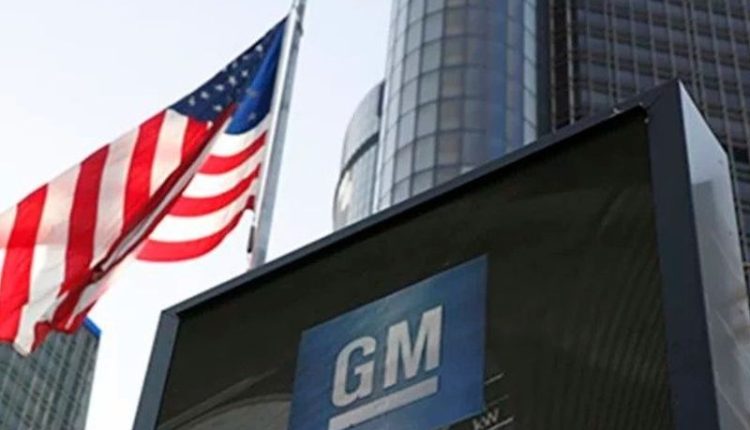General Motors Co aims to launch an algorithm-based auto insurance plan by the end of the first quarter in some U.S. states that charge policyholders based on their driving performance, a company executive said in an interview.
The automaker’s OnStar subsidiary has asked for regulatory approval of the new data-based insurance plan in Arizona, Illinois and Michigan together with its insurance partner American Family. It hopes to receive the go-ahead by the end of March, Andrew Rose, president of OnStar Insurance and GM’s vice president of Global Innovation, said during an interview Friday.
“We hope to follow that with a dozen, two dozen and hopefully more states,” Rose said.
GM’s policy currently does not factor in the use of driver-assistance systems, which can automate some driving tasks, and control braking and acceleration.
Sensor data from GM’s Super Cruise system, including an in-cabin camera that monitors drivers’ eye and head movements, could factor into rate setting in later versions of the insurance plan, Rose said, but declined to provide a timeline.
“I’m very excited about what we have in market and its ability for us to show benefit to the insurance equation,” he said.
To use such granular data, GM and other automakers would have to overcome the scrutiny of state insurance commissions, which have yet to approve using data from automated systems for rate setting.
The leading U.S. auto insurance research group, IIHS, on Thursday said there was no evidence that partial automation systems make driving safer.
GM, which launched its regular OnStar insurance offer a year ago, has said it targets $6 billion in insurance revenue by 2030, with the average annual U.S. auto premium costing around $1,000.
Behavior-based auto insurance, often referred to as telematics, has been available for several years but largely requires consumers to download a mobile app or plug a data recorder into the car.
GM instead collects braking, acceleration and general usage data, such as seatbelt use, directly from the car, providing more reliable and consistent data, Rose said.
Customers who opt into data collection for the new plan receive an upfront discount on their policy if GM considers them safe drivers, Rose said. Drivers would not face surcharges for bad driving, he said, but those conditions might change in the future.


